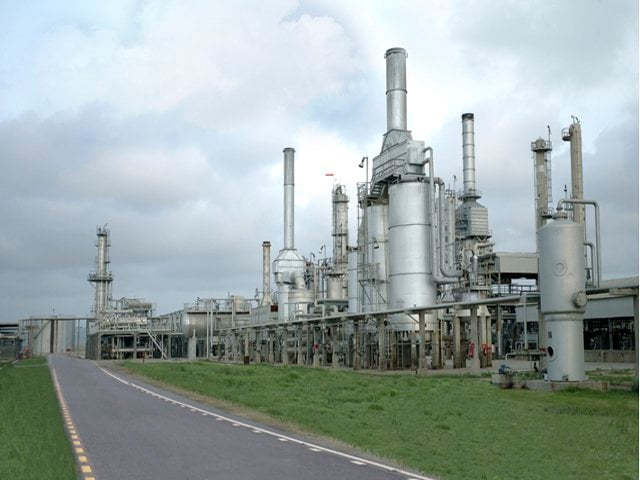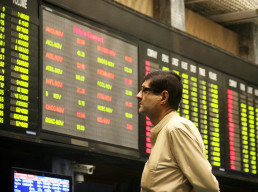
Though the United States and other global powers have lifted most of the sanctions from Iran, the fate of oil trade between Pakistan and the neighbouring Islamic republic is still uncertain.
According to officials, it will become clear whether Pakistan will be able to resume oil imports when banking channels are opened.

Earlier, two refineries – Pakistan Refinery Limited (PRL) and Bosicor – had been importing crude oil from Iran until 2010 and later purchases came to a halt as banks refused to open letters of credit after the imposition of sanctions on Tehran.
In 1980, under a barter arrangement, Pakistan imported crude oil from Iran for processing in its refineries and in exchange exported petrol to meet requirements of the neighbour. However, when restrictions were slapped, Tehran entered into barter trade with the Indian oil refinery Reliance.
For the last three years, Iran had been selling crude oil to the Indian refinery, which in turn sold petrol to Tehran.
In the meantime, the US played a key role in the oil trade. It refused to allow Pakistan to import Iranian oil but at the same time softened its stance on Indian oil purchases.
To the utter surprise of Pakistan, India then offered oil exports during the previous government of Pakistan Peoples Party. But an agreement could not be reached due to objections raised by the military which believed that Delhi could choke oil supplies during periods of high tension.
At present, annual oil demand in Pakistan stands at 22 million tons, but refineries produce only 13 million tons. The rest is imported from the United Arab Emirates and Saudi Arabia.
Taking lead
Among the refineries, Byco is more poised to start purchasing Iranian oil as it is ahead of industry peers in terms of capacity. After the completion of its second unit, Byco’s crude oil refining capacity has gone up to 155,000 barrels per day from 35,000 bpd.
It has beaten Pak Arab Refinery Company (Parco) that can produce 90,000 bpd. Comes next is National Refinery that has a capacity to produce 68,000 bpd, followed by Pakistan Refinery at 48,000 bpd and Attock Refinery at 45,000 bpd.

Byco Chief Financial Officer Asad Siddiqui had told media in April last year that Byco may take advantage of Iranian crude oil imports at discounted rates after the removal of international sanctions.
He said Byco had the potential to capitalise on the opportunity compared to other refineries that had long-term contracts with the crude suppliers, which made it difficult for them to switch over to new sources.
Pakistan Refinery
The refinery was established in order to import crude oil from Iran, but after sanctions it struck a long-term deal with other suppliers.
“We have a long-term agreement in place but we can review the situation as a new avenue has been opened after the lifting of sanctions,” Pakistan Refinery Managing Director Aftab Hussain told The Express Tribune.
Now, competition will emerge between arch rivals Iran and Saudi Arabia in the global oil market. Like Saudi Arabia, which has a 12% share in world market, Iranian oil is also cheaper and they will play a major role in driving the global market.
Some world powers are in favour of replacing Saudi oil with the Iranian crude in order to break the former’s monopoly. In this scenario, Pakistan will find itself in a better position to clinch a long-term deal at a favourable price with Iran.
Published in The Express Tribune, February 15th, 2016.
Like Business on Facebook, follow @TribuneBiz on Twitter to stay informed and join in the conversation.
1719315628-0/BeFunky-collage-(8)1719315628-0-405x300.webp)


1731329418-0/BeFunky-collage-(39)1731329418-0-165x106.webp)













COMMENTS
Comments are moderated and generally will be posted if they are on-topic and not abusive.
For more information, please see our Comments FAQ